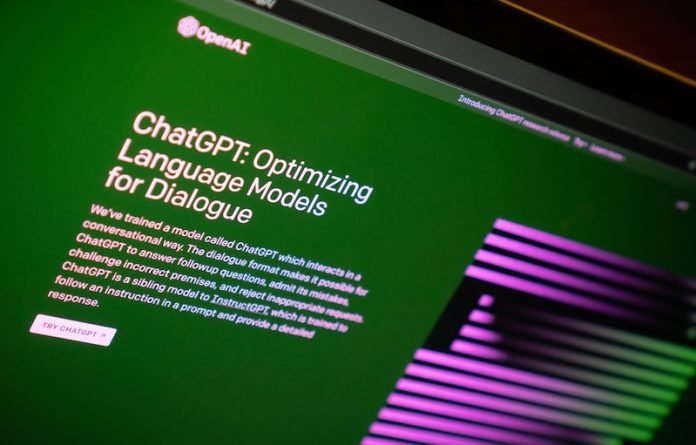
ChatGPT is a chatbot developed by OpenAI and launched in November 2022.
In a study from the Cleveland Clinic, scientists found that ChatGPT, a popular online artificial intelligence (AI) tool, provides largely appropriate responses to simple cardiovascular disease (CVD) prevention questions.
They evaluated the appropriateness of AI model responses to simple, fundamental heart disease prevention questions.
The 25 questions addressed fundamental preventive concepts, including risk factor counseling, test results, and medication information, based on guideline-based prevention topics.
Responses were graded on a patient-facing information platform (like a website) and as draft responses to electronic message questions.
The researchers found that AI model responses to 21 of 25 questions (84%) were graded as appropriate in both contexts, but four responses had inappropriate content.
For example, the AI model responded to exercise questions by firmly recommending both cardiovascular activity and lifting weights, which may not be appropriate for certain patients.
Furthermore, responses interpreting a low-density lipoprotein cholesterol level of 200 mg/dL lacked pertinent details, including details about familial hypercholesterolemia and genetic factors.
None of the AI responses were considered unreliable.
These findings suggest the potential of interactive AI to assist clinical workflows by augmenting patient education and patient-clinician communication around common heart disease prevention queries.
If you care about heart health, please read studies about how eating eggs can help reduce heart disease risk, and herbal supplements could harm your heart rhythm.
For more information about heart health, please see recent studies about how espresso coffee affects your cholesterol level, and results showing Vitamin K2 could help reduce heart disease risk.
The study was conducted by Ashish Sarraju et al and published in the Journal of the American Medical Association.
Copyright © 2023 Knowridge Science Report. All rights reserved.



